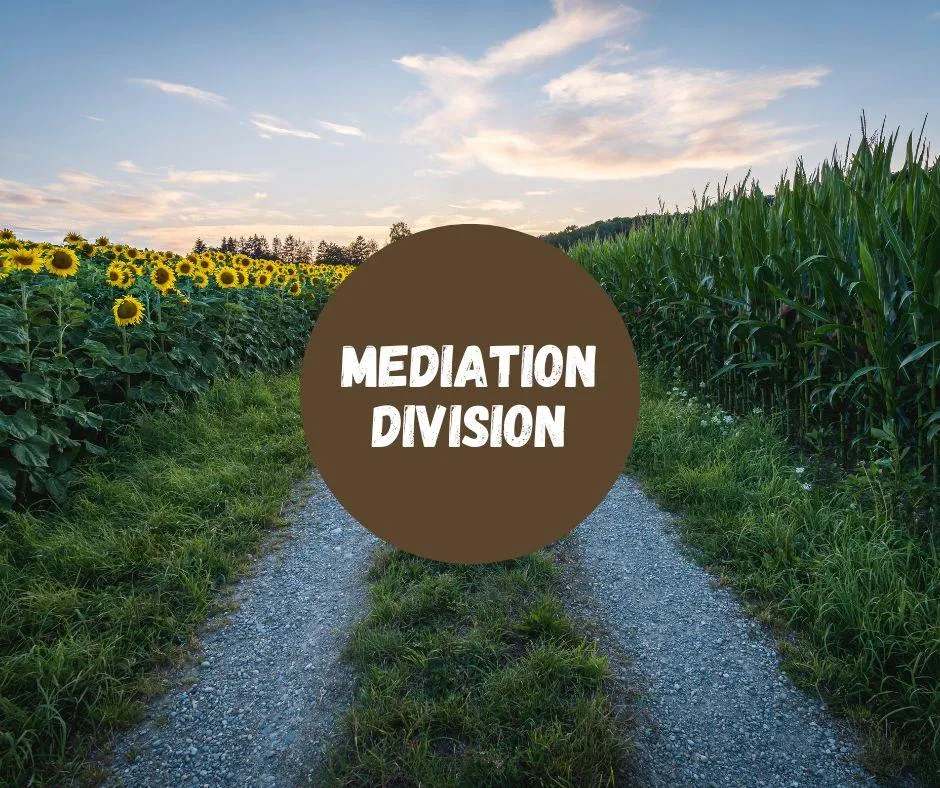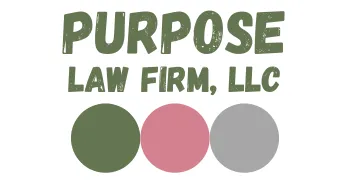Welcome to the
PURPOSE Law Firm
Blog

The Top 5 Misconceptions About Mediation—Debunked
Mediation is one of the most effective tools for resolving disputes—especially in family law—but it’s often misunderstood. People may avoid it because they believe it won’t work, it won’t be fair, or it’s only for couples who already agree.
The truth is, mediation can be a powerful alternative to litigation in even the most emotionally charged situations. Let’s take a look at five of the most common myths about mediation—and the truth behind them.
1. “Mediation is only for couples who get along.”
This is one of the biggest misunderstandings. Mediation is designed for people who are in conflict. If you and the other party were already on the same page, you likely wouldn’t need mediation in the first place.
The beauty of mediation lies in its structure. A skilled mediator helps create a safe, neutral environment where even difficult conversations can take place productively. The goal isn't to pretend the conflict doesn’t exist—it's to work through the conflict in a way that minimizes damage and maximizes resolution.
Mediation often works best when emotions are high, precisely because it allows those emotions to be acknowledged, then redirected toward problem-solving.
2. “The mediator will decide what’s fair for us.”
Unlike a judge or arbitrator, a mediator does not make rulings or impose decisions. Mediation is a self-directed process. That means you and the other party remain in control of the outcome.
The mediator’s role is to guide the conversation, help clarify issues, and ensure that both parties are heard. They may suggest options, but they will never take sides or tell you what you must agree to. If an agreement is reached, it’s because both parties voluntarily say “yes” to the terms—not because someone else told them to.
3. “We’ve already tried to talk—we just can’t agree.”
It’s common to think that if direct conversations haven’t worked, mediation won’t either. But mediation offers a very different context. It introduces a trained, neutral third party who manages the discussion, keeps emotions from derailing progress, and ensures each person has space to speak and be heard.
Often, the same issues that caused arguments before can be resolved in mediation simply because the environment is different. With clear boundaries, active listening, and a forward-focused mindset, people frequently reach solutions they couldn’t imagine in heated personal conversations.
4. “There’s no point—it’s not legally binding.”
This one is half-true—and completely fixable. Mediation agreements can become legally binding. If you reach an agreement during mediation, your mediator (or attorneys, if involved) can help reduce that agreement to writing. You can then submit it to the court to be incorporated into a legally enforceable order.
In fact, mediated agreements are often more durable than court orders because both parties had a hand in creating the outcome. When people feel heard and respected during the process, they’re more likely to follow through—because they weren’t forced into a solution.
5. “I already have a lawyer—I don’t need mediation.”
Having an attorney doesn’t mean you can’t benefit from mediation. In fact, many clients bring their lawyers with them to mediation sessions. Attorneys provide legal advice and advocate for their clients' interests, while the mediator helps both sides find common ground.
Mediation and legal representation are complementary, not conflicting. And in many cases, resolving a dispute through mediation significantly reduces the time, cost, and emotional toll of litigation—even if your attorney is involved every step of the way.
The bottom line? Mediation is a flexible, respectful, and effective way to resolve family law disputes. It’s not just for the agreeable or the easy cases—it’s for anyone who wants to regain control of the process and pursue a peaceful resolution.
207 Mechanic Street, Aurora, Indiana 47001 - 812-655-9336 - [email protected]
© Copyright 2024 Purpose Law Firm, LLC - Privacy Policy - Website Terms - Courses Terms - Statement of Faith


Facebook
LinkedIn
Youtube